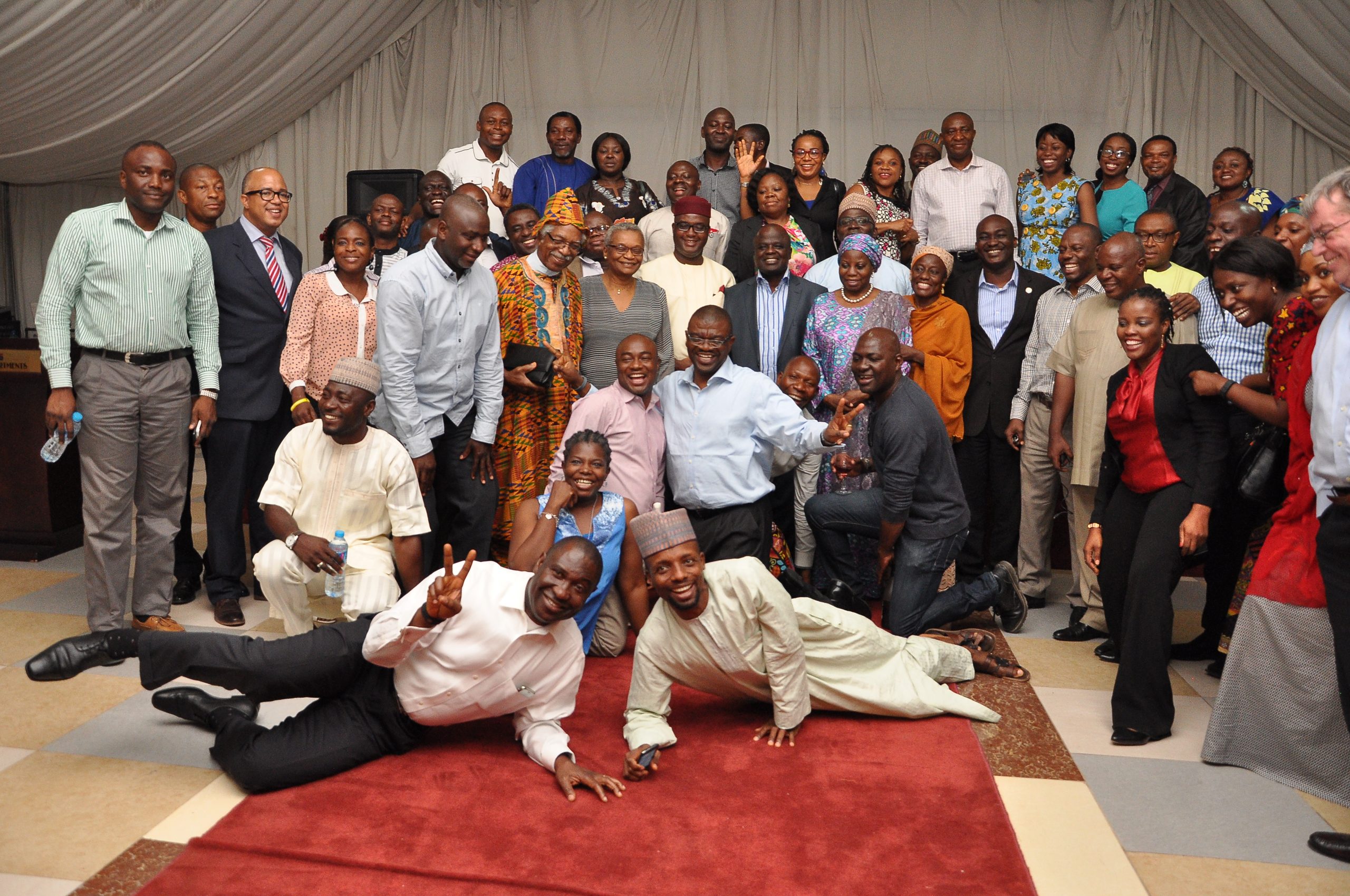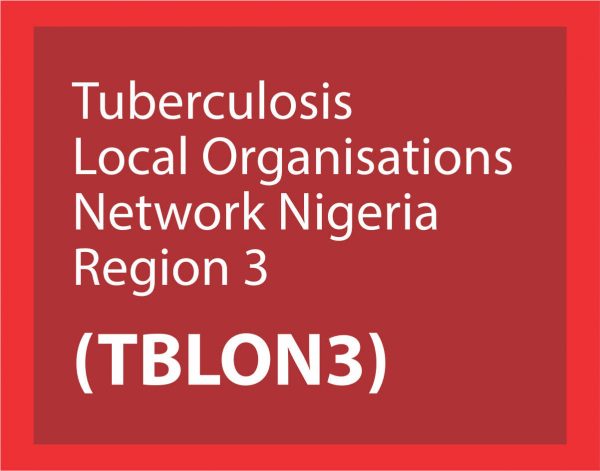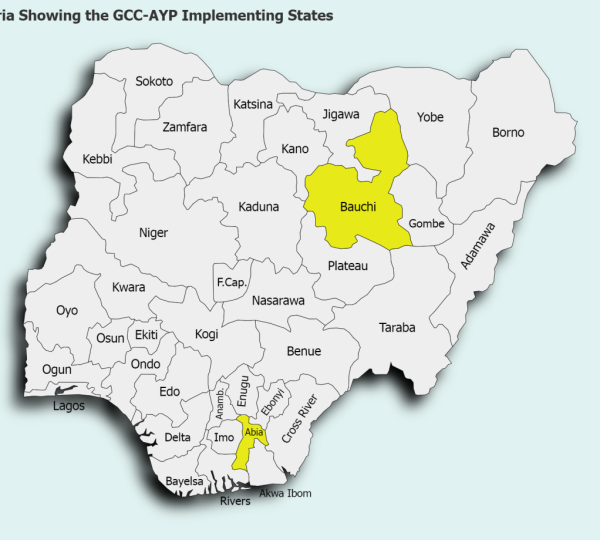Our Rights, Our Lives, Our Future (O3) Project
In 2019, the Society for Family Health (SFH) was contracted by the United Nations Educational, Scientific and Cultural Organization (UNESCO) to develop and conduct a rapid assessment of school rules and regulations to ascertain the level of inclusion of Comprehensive Sexuality Education (CSE) issues including HIV, sexual reproductive health rights, and school-related gender-based violence in the existing School Rules and Regulation.
The research was conducted in three pre-selected states based on the priority of the UNESCO, Our Rights, Our Lives, Our Future’ (O3) Project, namely Kaduna, Cross-River and FCT. A major outcome of the research was the need to effectively communicate the findings to all critical stakeholders, which include students, parents, schoolteachers, Principal administrators, community gatekeepers and policy makers. This was particularly with the view of promoting shared understanding and sustained engagement with all stakeholders.
To this end, UNESCO engaged SFH to develop innovative strategies aimed at disseminating the research findings among key stakeholders (placing the research findings in their hands). This is geared towards stimulating and promoting conversations to reduce stigma and inform the adaptation and adoption of the approved guidelines. It is equally important that the prototype school rules and guidelines developed resulting from the evaluation is presented to States for validation, adoption and operationalization at both state and school levels.
Geographical Focus
The dissemination is proposed to take place in six states which includes Ebonyi, Lagos, Nasarawa, Taraba, Cross River and FCT.
Dissemination Approaches
The dissemination will be carried out through a multi-faceted approach:
- Advocacy to the key stakeholders
- A major media campaign including
- media tours/talks at select media houses in the states of dissemination to discuss the objectives and expected outcomes of the dissemination
- Media coverage of the town hall meeting
- Bi-monthly news coverage of the programme viz-a-viz newspapers, press releases to general and specialist press
- Mini co-creation workshops/town hall
- Amplification of findings/programme proceedings on social media using infographics, text, images.
- Generating awareness of the programme, before and during the dissemination to target audience using influencers, social media and google ads.
Measurement of Results
The project will leverage on the existing quality assurance and measurement mechanisms embedded in the State Ministry of Education. A key performance indicator of interest is the number of schools that have rules and guidelines for staff and students related to physical safety, stigma and discrimination and sexual harassment and abuse that have been communicated to relevant stakeholders.




